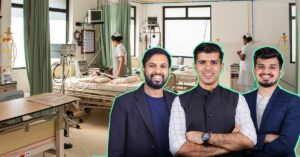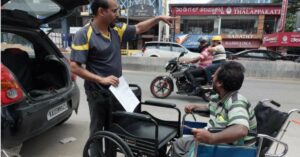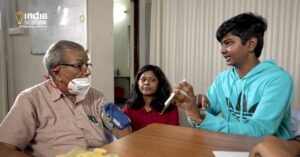13 Lakh Eye Surgeries For Free! Here Is The Team That Achieved It
From using a unique model for free eye-care to marginalized community to empowering women through para medics training, SECI is covering many grounds. They have conducted over 1.3 million surgeries for adults and screened over 4.2 million children. Here's their success story.
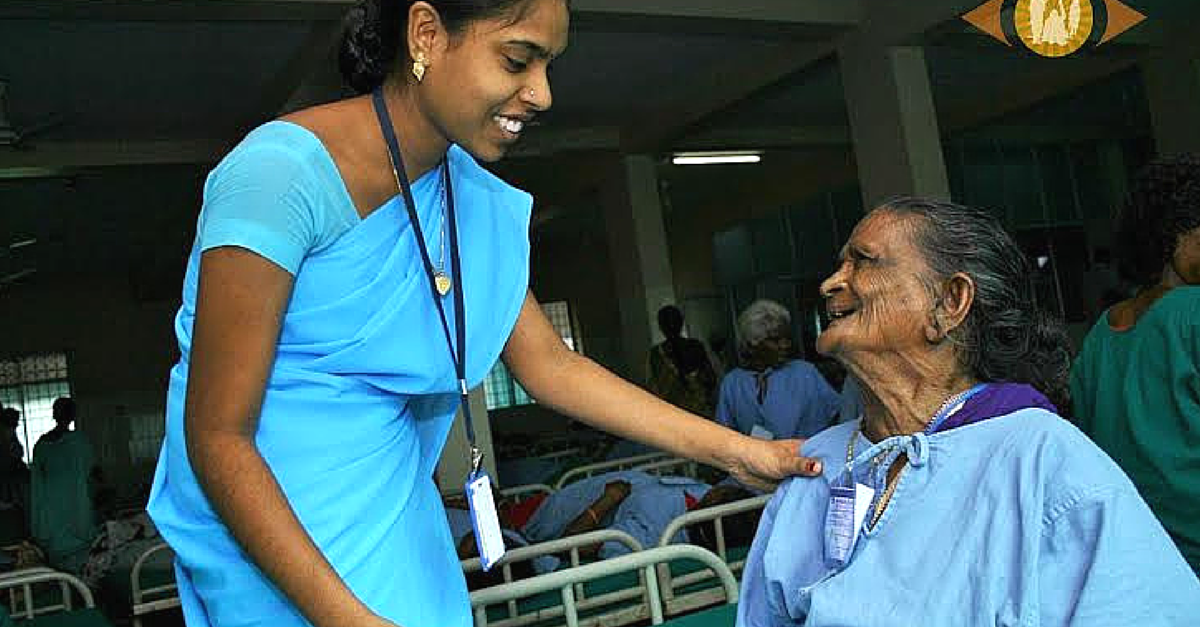
From using a unique model for sustainability to providing free eye care to marginalized communities and empowering women through paramedics training, Sankara Eye Care Institutions are covering many grounds. They have conducted over 1.3 million surgeries for adults and screened over 4.2 million children so far. Here’s their success story.
The story goes back to the 1970s when Dr. Ramani, along with his wife Dr. Radha Ramani, started a two-room medical centre in Coimbatore in memory of his late father.
The objective was to provide subsidized healthcare to the poor. Gradually, the initiative grew and the couple thought it would be better to focus on a field that can provide a life-changing intervention for millions. Hence, Sankara Eye Care Institutions (SECI) was born to ensure that no one remains needlessly blind.
The team of doctors started travelling to some of the remotest villages of India to treat visually impaired people free of cost under their “gift of vision” initiative.
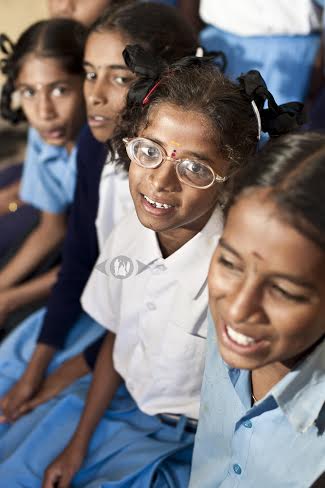
After spending several years on the field, the team shifted to a more sustainable model and came up with a unique approach that not only catered to the needs of marginalised communities but also helped them to expand their work.
“The idea was to reach out to the needy but at the same time sustain ourselves, which was very crucial in case s we wanted to create a larger and long-term impact,” says Bharath Balasubramaniam, Head – Outreach & Information Systems at SECI.
Having started as just a two-room centre, Sankara now works in over 150 districts of India through its various initiatives.
The unique 80:20 model
The team then launched their ambitious and unique 80:20 model in Tamil Nadu in which 80 percent of their patients belonged to rural and poor economic backgrounds and were treated for free, and the rest 20 percent were those who could afford to pay.
The model became successful and the next step was to replicate it in other states as well. “Our mission was to have one such model in every state of India. While 80 percent of the patients were treated for free, the revenue from the remaining 20 percent was utilised to sustain the model,” explains Bharath.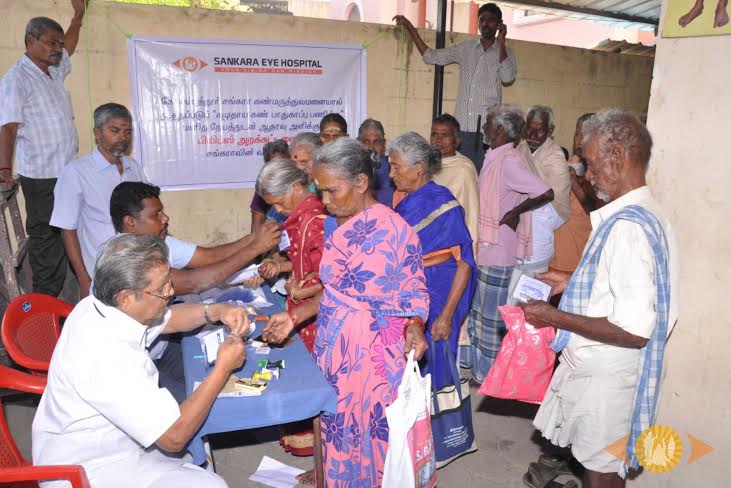
The Sankara team has already established 9 such hospitals across the country in states including Tamil Nadu, Karnataka, Gujarat, Punjab and Uttar Pradesh.
The team identifies the beneficiaries by conducting door-to-door surveys and giving yellow ID cards to those who require an intervention. These cardholders then show up at weekly medical camps where they are treated for free.
“The team spends some time in publicising about the medical camp using leaflets, brochures, etc. so that a large number of people show up. We have around a 50 percent strike rate when it comes to people with ID cards showing up at the camp,” says Bharath.
Sankara organizes weekly, quarterly and yearly medical camps at different locations to reach out to people. Every camp receives a large number of footfalls that ranges from 100 to 1500 depending upon the location of the camp.
“There was one time when an old lady thanked us for our services and told us that now she will not have to be afraid of snake bites. I wondered what the connection between eyesight and snakebites was. She then explained that she went out in the field every day, and as she was unable to see, sometimes she stepped on snakes that end up biting her. Snakes had bitten her four times. That was such an eye opener for us all to know that our small intervention was creating an impact much beyond just giving them vision,” recalls Bharath.
Going an extra mile
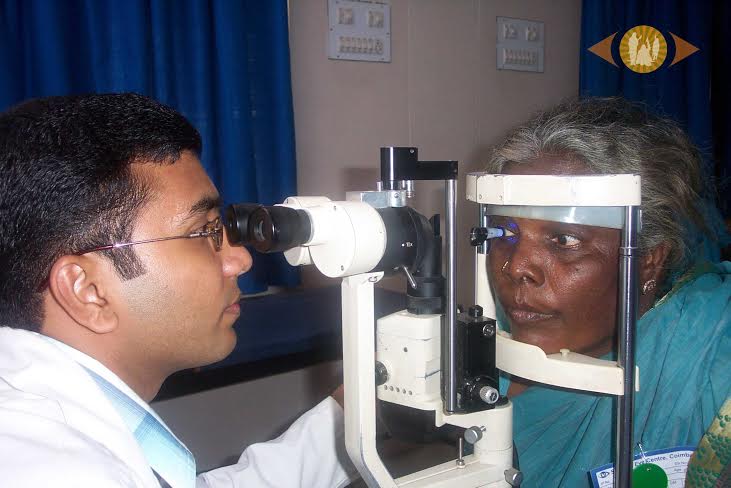
The SECI team’s work doesn’t just end with medical camps and surgeries. They also do follow up reviews and track the recovery and health of patients who have had surgeries done.
In their journey so far, SECI has conducted over 1.3 million surgeries for adults and screened over 4.2 million children. “The number is large and we want to grow even more,” says Bharath.
Training the paramedics
Apart from providing the necessary intervention to visually impaired people, SECI also trains women to become efficient paramedics. They select high school graduate girls from different locations and provide them with fundamental English training which is followed by an extensive medical training.
The one-and-half month long training programme is a residential one organized at SECI’s Coimbatore and Bengaluru centres, where the girls are given a monthly stipend apart from food and accommodation. SECI has over 1,300 trained women paramedics working with them currently.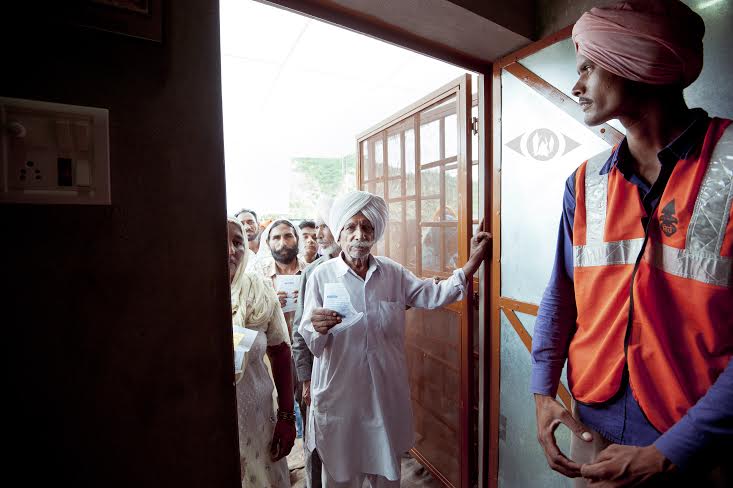
“This initiative has changed the lives of several girls. They would otherwise be doing household chores or would have been married off. This programme gave them a new goal and a respectable identity. They are now earning at such a young age and their confidence has improved too,” says Bharath.
Since parents are initially reluctant to send their daughters so far, the SECI team invites the parents to visit their centres and witness the work and process themselves.
Thanks to this programme, some of the paramedics have become so involved in their work that they have asked their husbands to shift their locations after marriage rather than quitting the job.
Defeating all odds
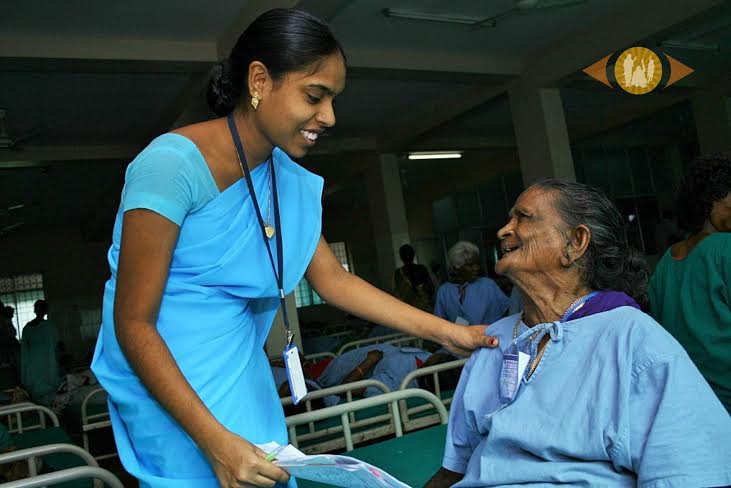
What seems like a successful model now was not easy to replicate at first. “Each location is different. In fact, each state is like a different country with a different language, diet, culture and traditions. Something which has worked in one state might not work in another state,” says Bharath.
To build the trust factor among beneficiaries and add credibility to their work, SECI partners with local NGOS who help the team in running their work smoothly and also help them connect with the community in a better way.
Apart from this, funding was initially a challenge, which is now being taken care of by various donors, government subsidies, fund raising campaigns and their 80:20 model.
The helping hand
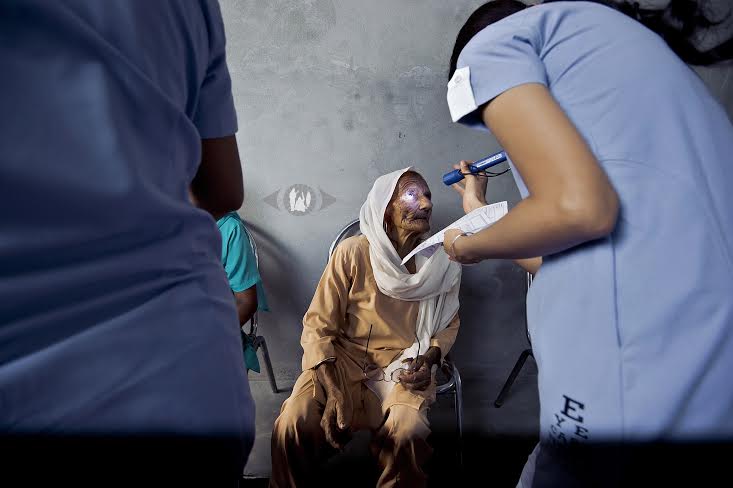
Having already reached great heights in terms of impact and reach, SECI now looked to expand to other areas. That is when they contacted Marico Innovation Foundation to be part of MIF’s Social Innovation Acceleration Program (MIF-SIAP).
MIF will be providing them crucial support in expanding their activities in Mumbai. “Ours was a different case as we had already created certain impact and brand when it came to our work. We contacted MIF as they have a huge experience in retail and they can bring their immense expertise in helping us scale up our model,” says Kishore Joshi from SECI.
MIF will be playing a crucial role in coming up with a roadmap to get more patients for SECI’s 80:20 model where they are looking for the right kind of patients who will fit into the “20” category.
As a part of the SIAP Interventions, MIF is acting as mentors to help SECI find the right channels and methodologies to get more customers into their Mumbai super speciality hospital thus off setting the 80 percent free treatment which SECI aims to provide.
Support for their Vision
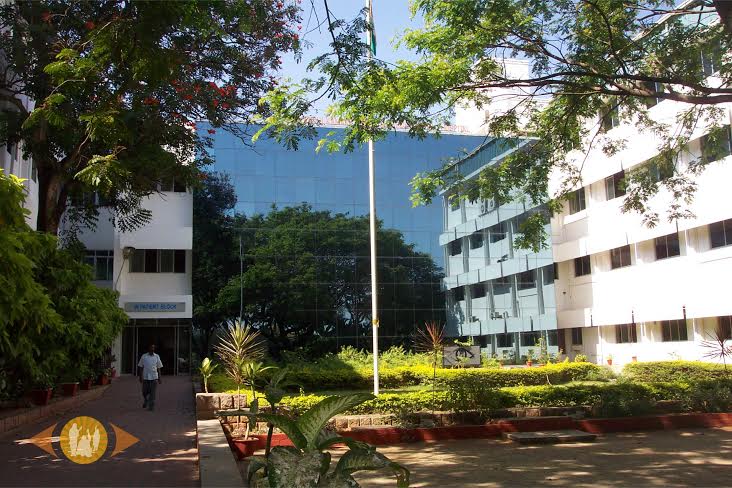
In the future, the SECI team wants to focus on scaling up their 80:20 model in other states too. In case you want to extend your support to SECI you can either sponsor a cataract surgery or pay for a day’s meal of the patients during medical camps.
“Since we work in a set model where we require trained professionals, volunteering might not help us a great deal. But someone supporting even one cataract surgery which does not cost much will be of great help,” says Bharath.
To know more about their work, check out their website.
Like this story? Or have something to share? Write to us: [email protected], or connect with us on Facebook and Twitter (@thebetterindia).
This story made me
- 97
- 121
- 89
- 167
Tell Us More
We bring stories straight from the heart of India, to inspire millions and create a wave of impact. Our positive movement is growing bigger everyday, and we would love for you to join it.
Please contribute whatever you can, every little penny helps our team in bringing you more stories that support dreams and spread hope.






